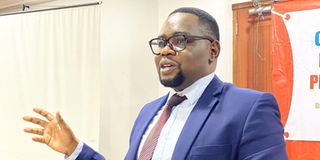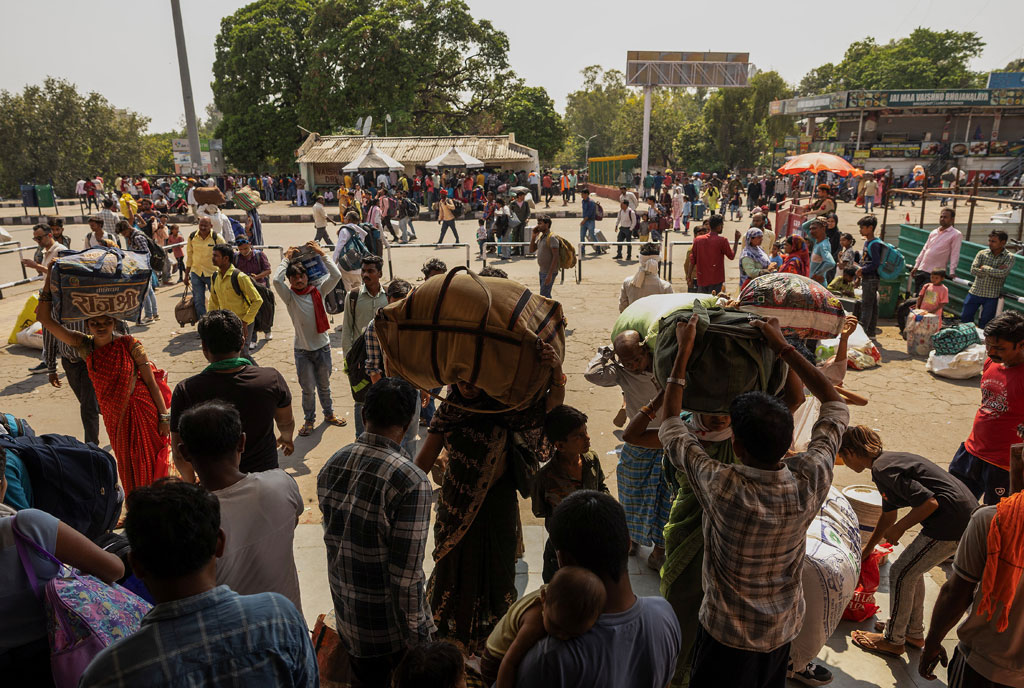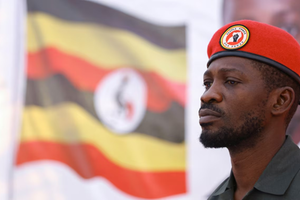THRDC warns rights defenders against overdependence on technology, urges strategic vigilance ahead of elections

THRDC National Coordinator, Mr Onesmo Olengurumwa. PHOTO | COURTESY
Arusha. The Tanzania Human Rights Defenders Coalition (THRDC) has issued a cautionary note to its members against overreliance on technology—particularly artificial intelligence (AI)—in their advocacy, monitoring, and reporting work.
Speaking in Arusha during a two-day capacity-building workshop that brought together over 70 regional coordinators and grassroots activists from the northern, coastal, eastern, and central zones, THRDC National Coordinator, Advocate Onesmo Olengurumwa, emphasised that while digital tools are crucial to modern human rights work, they must be used responsibly and critically.
“Technology is indispensable and has transformed how we work by improving speed and efficiency,” Olengurumwa said. “But no tool is perfect. When using AI or any other digital platform, it is essential to cross-check and verify information to ensure reports are factual and credible.”
The workshop focused on strengthening participants’ skills in monitoring and documenting human rights violations, conducting risk assessments, and formulating strategies to overcome operational challenges in the field.
Olengurumwa further encouraged defenders to remain engaged and proactive in sharing updates from their communities to ensure early intervention in situations where rights may be under threat.
“Visibility and consistency are vital. If you don’t report or speak out, your relevance in the space diminishes,” he stressed.
With Tanzania’s general elections approaching, Olengurumwa called on human rights defenders to prioritize research and policy advocacy—particularly in scrutinizing electoral laws and procedures that may restrict civil society engagement.
“Some election-related regulations have reduced our space for action, turning us from observers into silent bystanders. Defenders must exercise caution when handling election matters to avoid sanctions or legal obstacles,” he warned.
Echoing these concerns, Abdilai Lugome, Director of the Tunaweza Organization, urged the government to review restrictive election laws that limit civil society and private actors from actively participating in the electoral process.
“We are protectors of citizens’ rights. Yet during elections, certain regulations effectively silence us. We appeal to the government to consult with stakeholders and reform these laws before the next polls,” Lugome said.
Meanwhile, Happy Francis, the director of Wezesha, an Arusha-based NGO advocating for women and children, praised the training as timely and impactful, especially as the country heads into a politically sensitive period.
“This workshop has reinforced our understanding of our roles, not just as defenders, but as frontline advocates for justice during crucial periods like elections,” she said.




